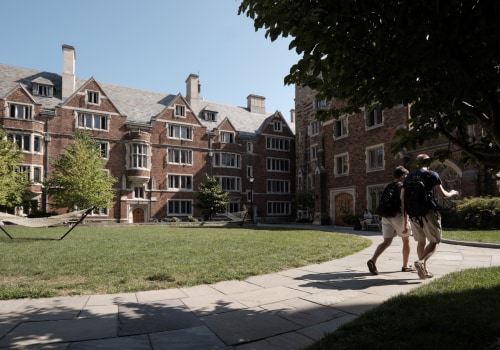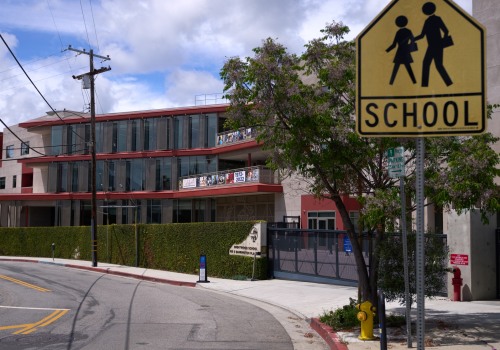Jazz is a musical genre that has its roots in blues and ragtime, and originated in the African-American communities of New Orleans, Louisiana, in the late 19th and early 20th centuries. It has since been recognized as an important form of musical expression in traditional and popular music. The jazz era truly began in the 1920s, when music became popular in the United States and Europe. This period, known as the “Roaring Twenties”, was marked by prohibition, speakeasy bars, flappers and music - all of which helped to bring jazz to the mainstream and make overnight success stories of black musicians like Louis Armstrong, Duke Ellington and Count Basie. The jazz era reached its peak with the historic Benny Goodman concert of 1938 at Carnegie Hall.
This event brought together musicians of various ethnicities to play jazz inside this sacred hall. By this time, jazz from the 20s and 30s was already beginning to give way to the Big Band era, although musicians such as Ellington and Armstrong would continue to develop jazzy until their death. Jazz developed in the United States in the early 20th century. New Orleans, near the mouth of the Mississippi River, played a key role in this development. The city's population was more diverse than anywhere else in the South, and people of African, French, Caribbean, Italian, German, Mexican, and American Indian descent, as well as English ancestry interacted with each other.
African American musical traditions mixed with others and jazz gradually emerged from a mix of ragtime, marches, blues and other types of music. In the beginning, jazz was mostly for dancing. In later years, people would sit and listen. The evolution of jazz was led by a series of brilliant musicians such as Louis Armstrong, Duke Ellington (listen to Ellington in Duke's music class), Charlie Parker and Miles Davis. Jazz developed a number of different styles, including traditional jazz, swing (listen, for example, to Benny Carter, who started out in swing music, in Benny's music class), bebop, fresh jazz and jazz rock. At the same time, jazz spread from the United States to many parts of the world.
Today jazz musicians and jazz festivals can be found in dozens of countries around the world. Jazz is one of the largest U. S. exports to the world. Most of the instruments used in jazz originated in Europe (saxophone, trumpet, piano etc).
This fusion of jazz with music from other cultures was a tradition that had existed at least since Dizzy Gillespie mixed bebop with Cuban music in the 1940s. Similarly, blues has appeared in most great jazz in one form or another (although it could be said that it is less present in much of contemporary jazz), but there are other genres that use elements of blues without being considered jazzy. Most early classical composers (such as Aaron Copland, John Alden Carpenter and even Igor Stravinsky who fell in love with jazz) were attracted by its instrumental sounds and timbres; its unusual effects and inflections; its syncopations; completely ignoring or at least underestimating its extemporized aspects. Jazz is a style of music that began at the beginning of the 20th century mainly with African-American communities. It has improvisation and rhythmic invention at its heart. New Orleans' musicians and musical styles continued to influence jazz nationwide as it underwent a rapid series of stylistic changes. The syncopations of jazz were not entirely new; they had been the central attraction of one of its precursors - ragtime - and could be heard even before that in minstrel music and in the work of Creole composer Louis Moreau Gottschalk (Bamboula subtitled Danse des Nègres 1844-1845; Ojos Criollos 1859 among others).Despite the dominance of jazz that ended the Great Depression; music has continued to evolve with new styles and subgenres that form as its influence on pop culture continues to resonate over time. Jazz was born in this new world of emancipation and freedom; stimulating a spirit of experimentation and expression that would be key elements of jazz. For example; with the advent of free jazz and other avant-garde events in recent days; many veteran musicians argued that music that was not swing was not jazzy.



